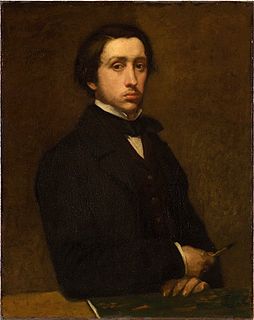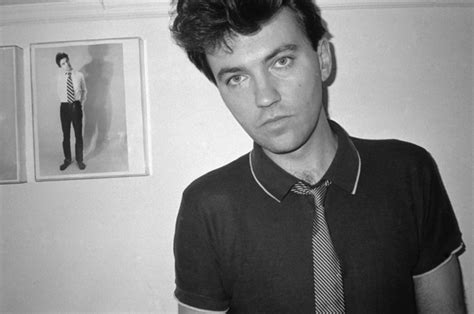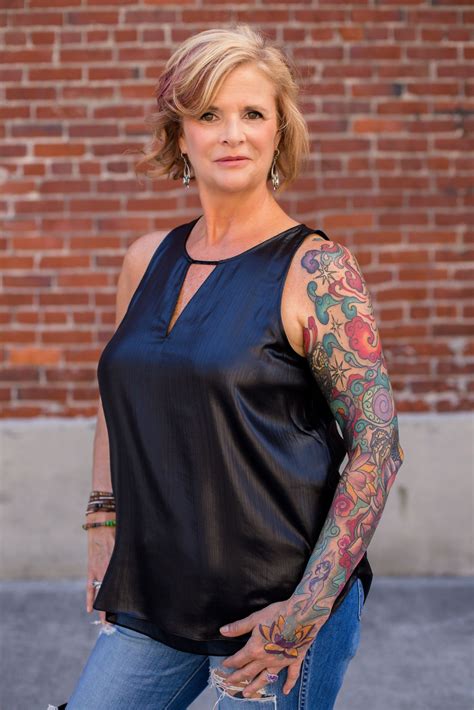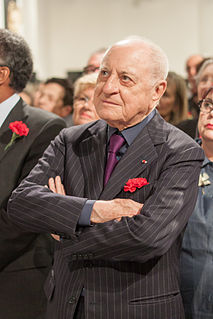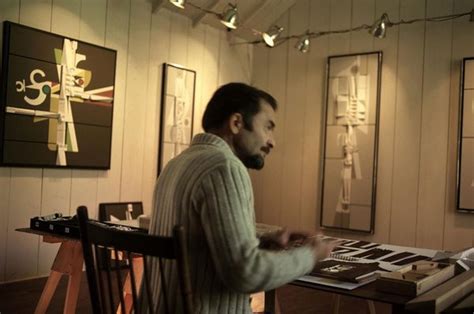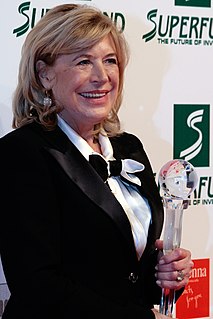A Quote by Stephen Kinzer
Sultan Beyazid considered his father's art collection decadent and ordered it sold at auction.
Quote Topics
Related Quotes
We're more familiar with what economists call an English auction - prices start low and rise as people bid. However, there is also the Dutch auction, where prices start high and go lower until somebody bites. Movies are sold to the audience via a very slow Dutch auction, where each phase between price drops can last weeks or months.
I think what happened in the last 10 or 15 years in the art market is that all the players - and that includes artists, dealers, art advisors, everyone - basically became dealers. We've had old-school collectors morph into speculators, flipping works. We've seen auction houses buying works directly from artists or from sleazy middlemen. The last step before the crash was the artists themselves supplying the auction houses. Dealing themselves, you know? The art world is as unregulated as any financial market there is.





